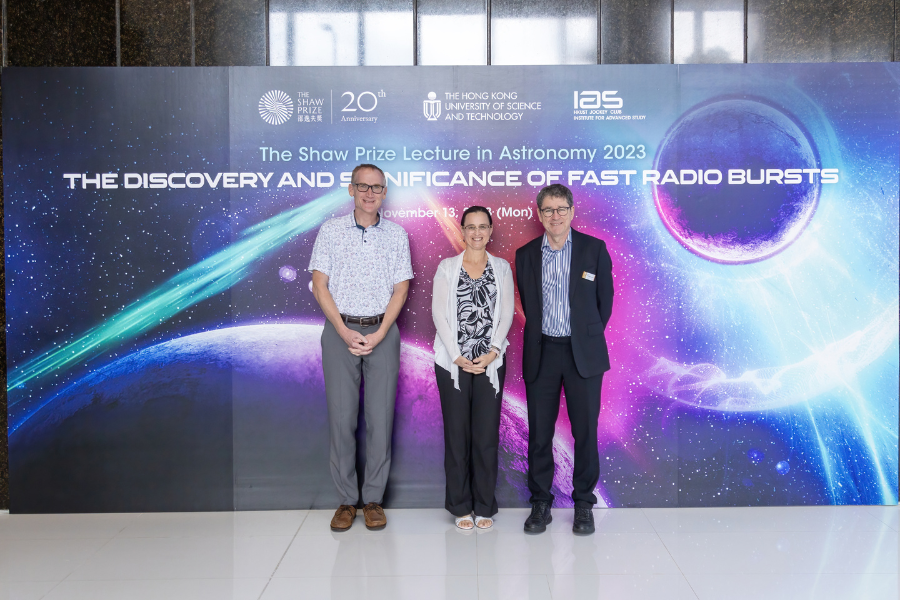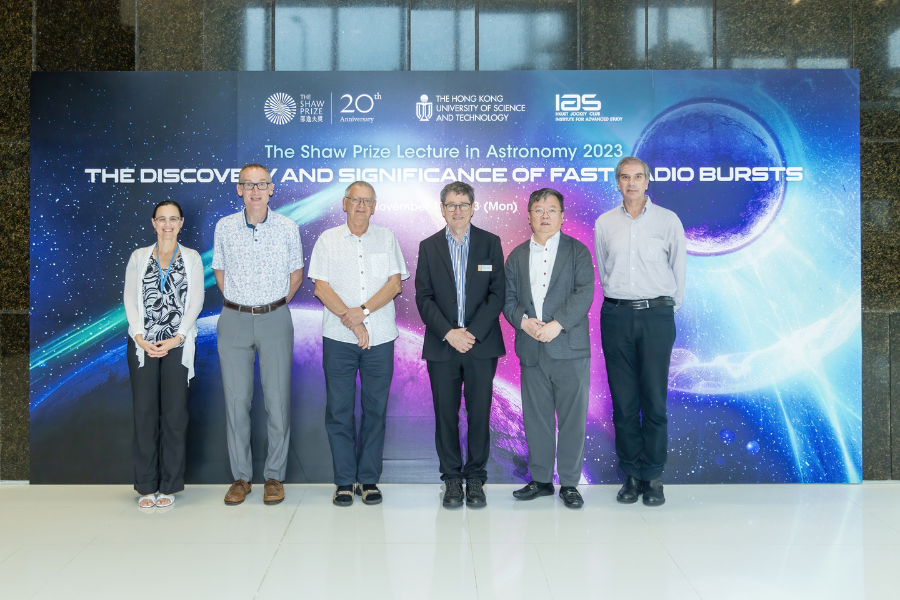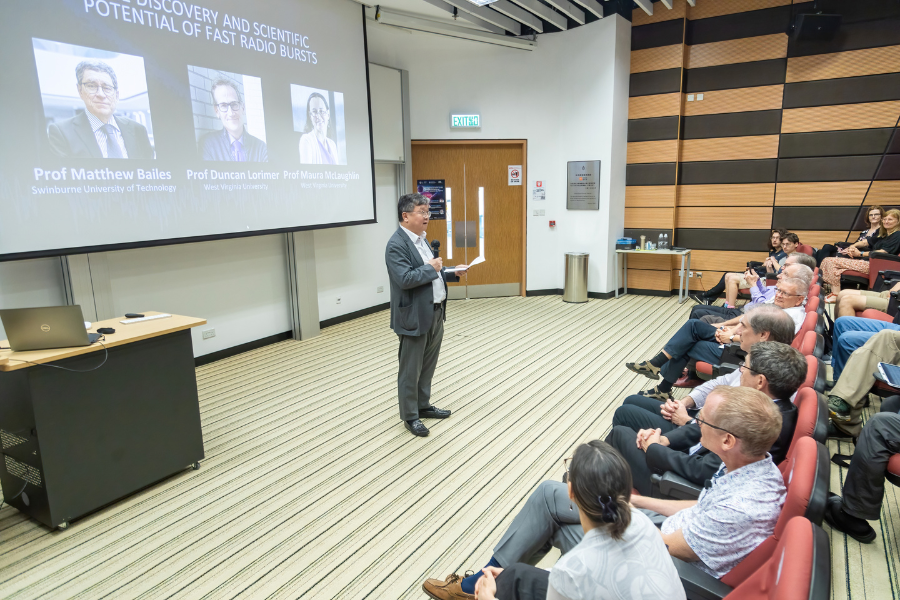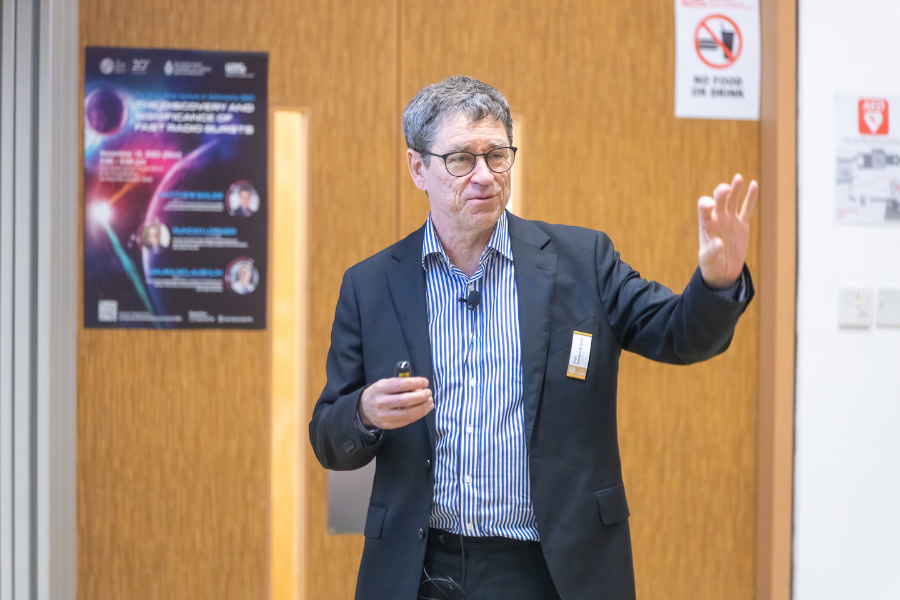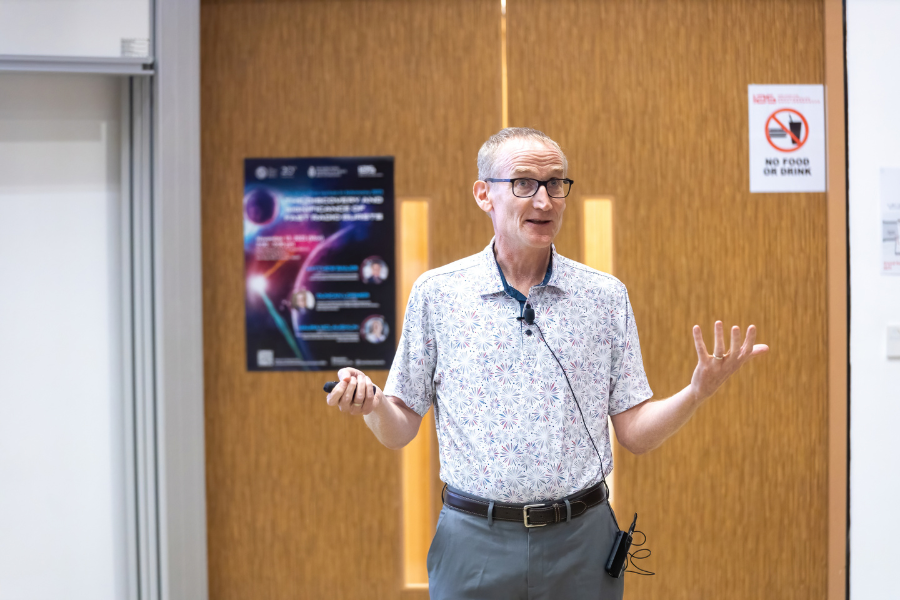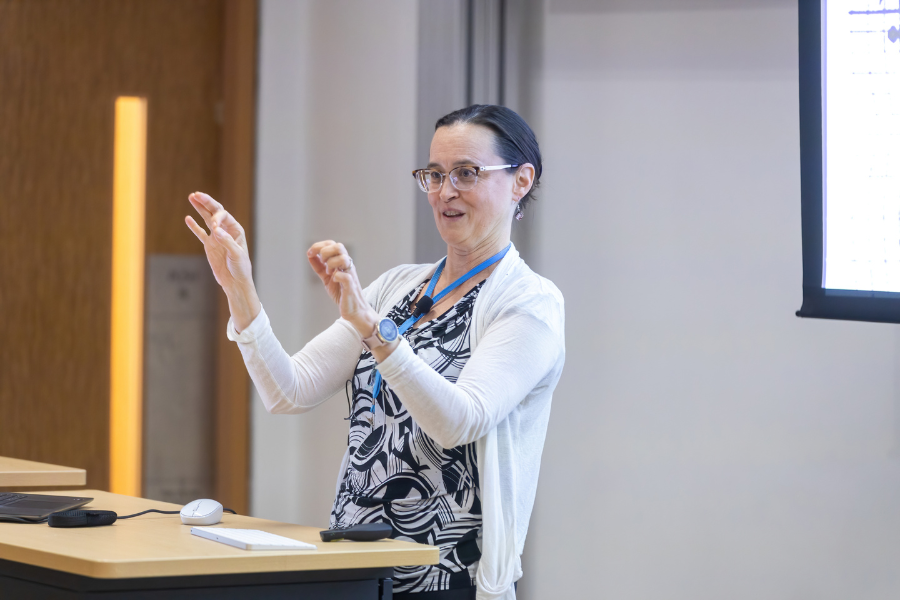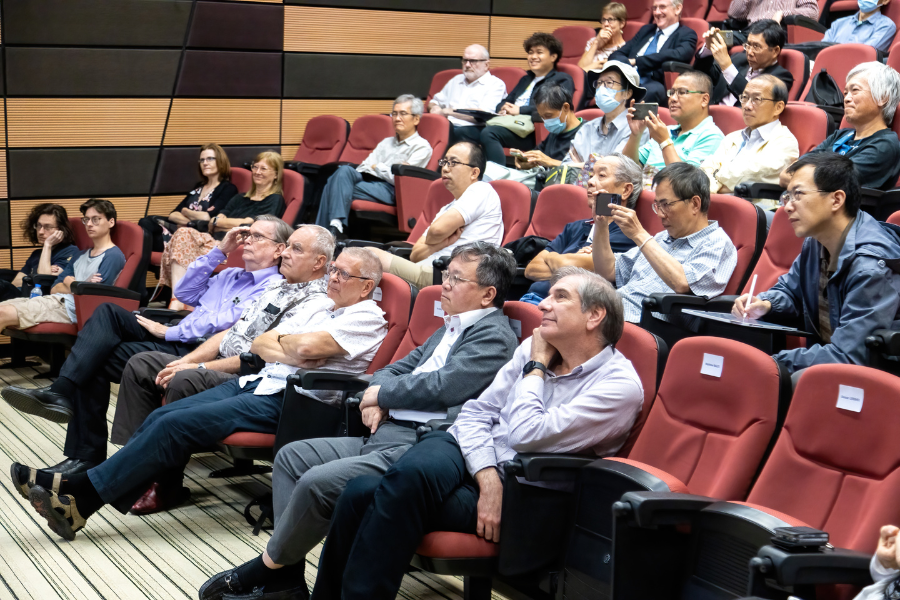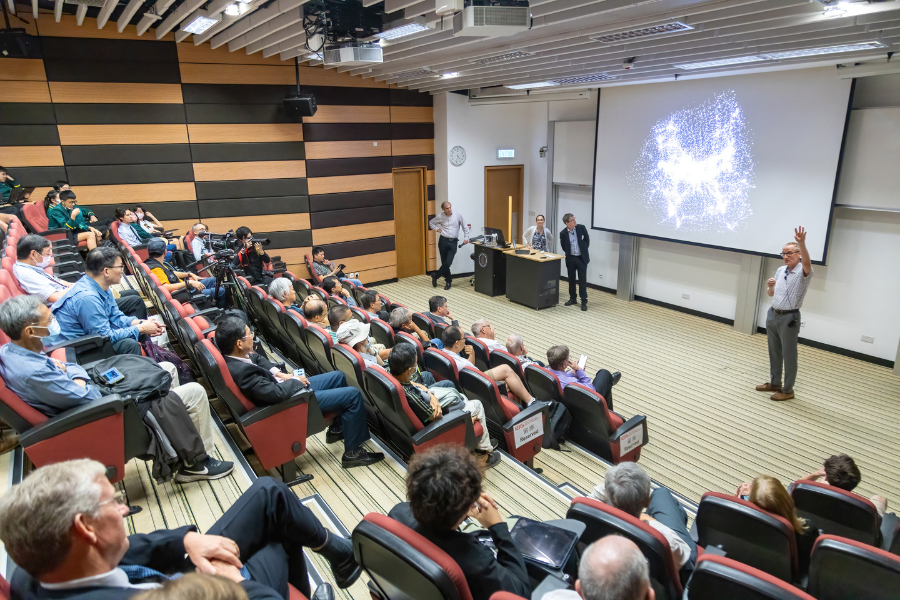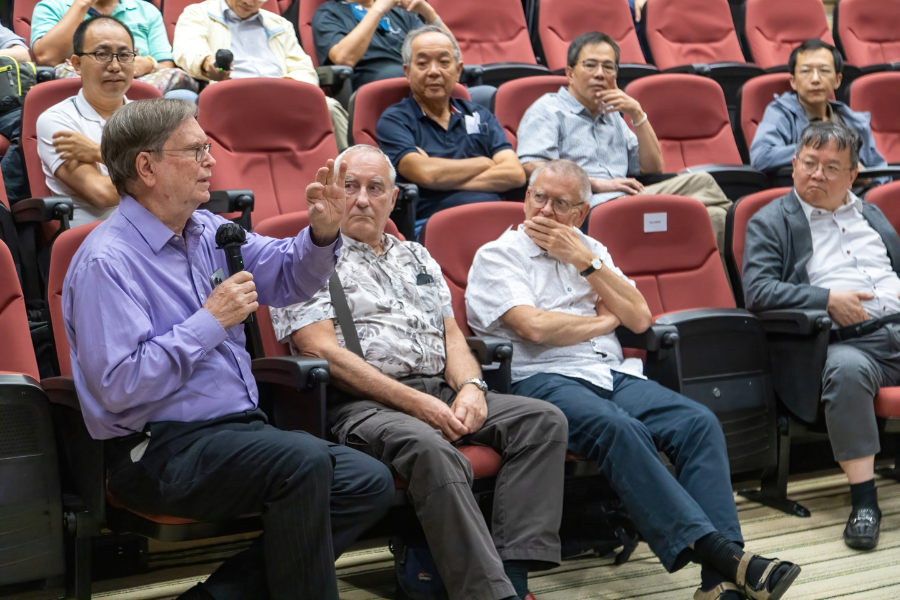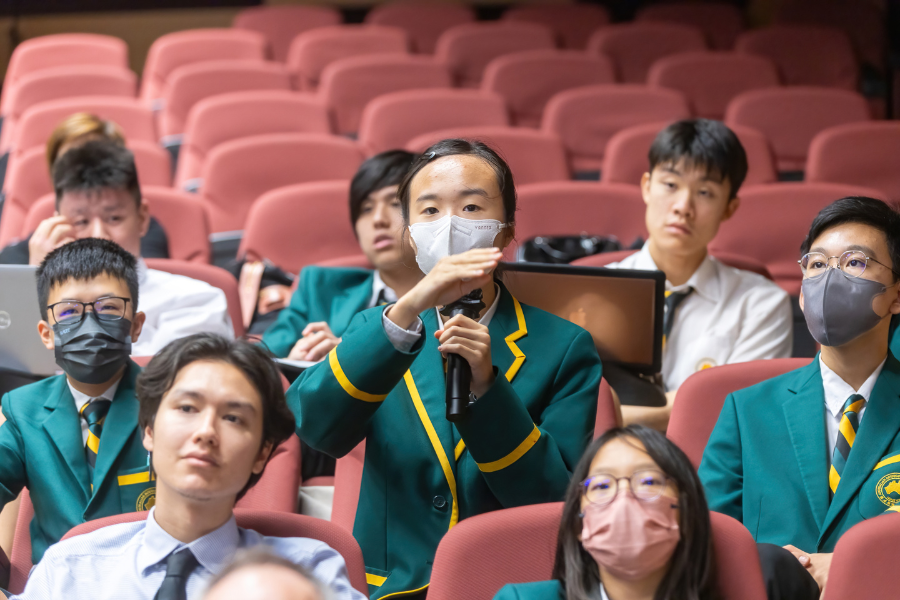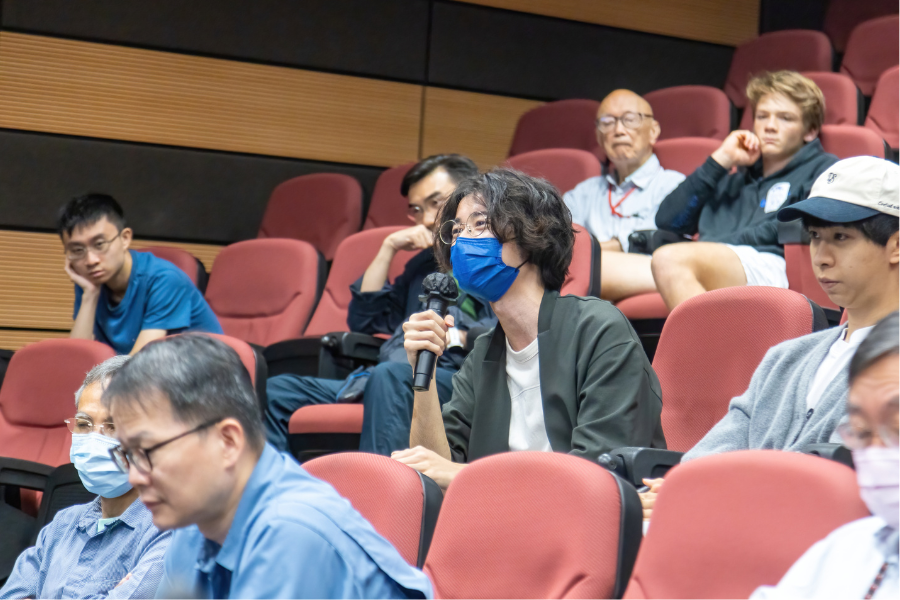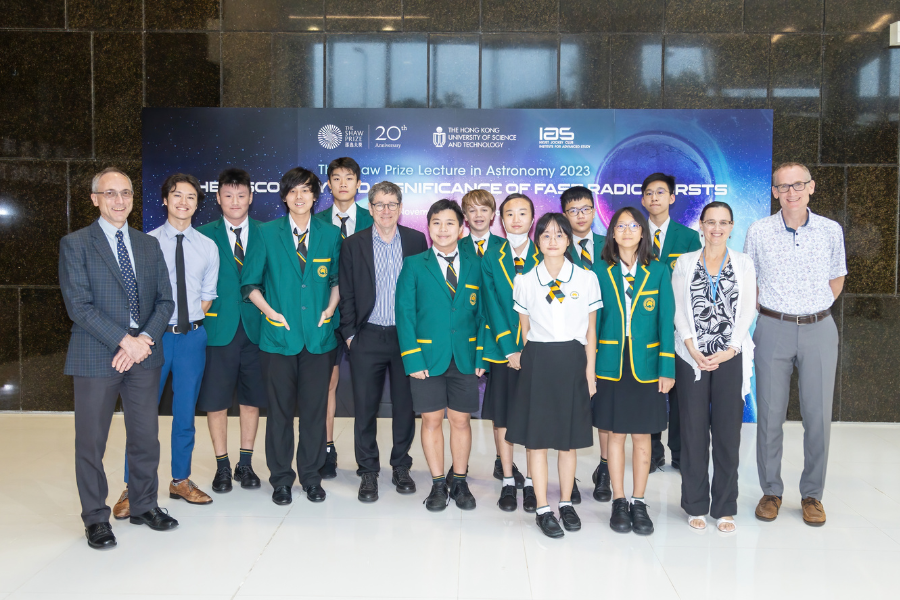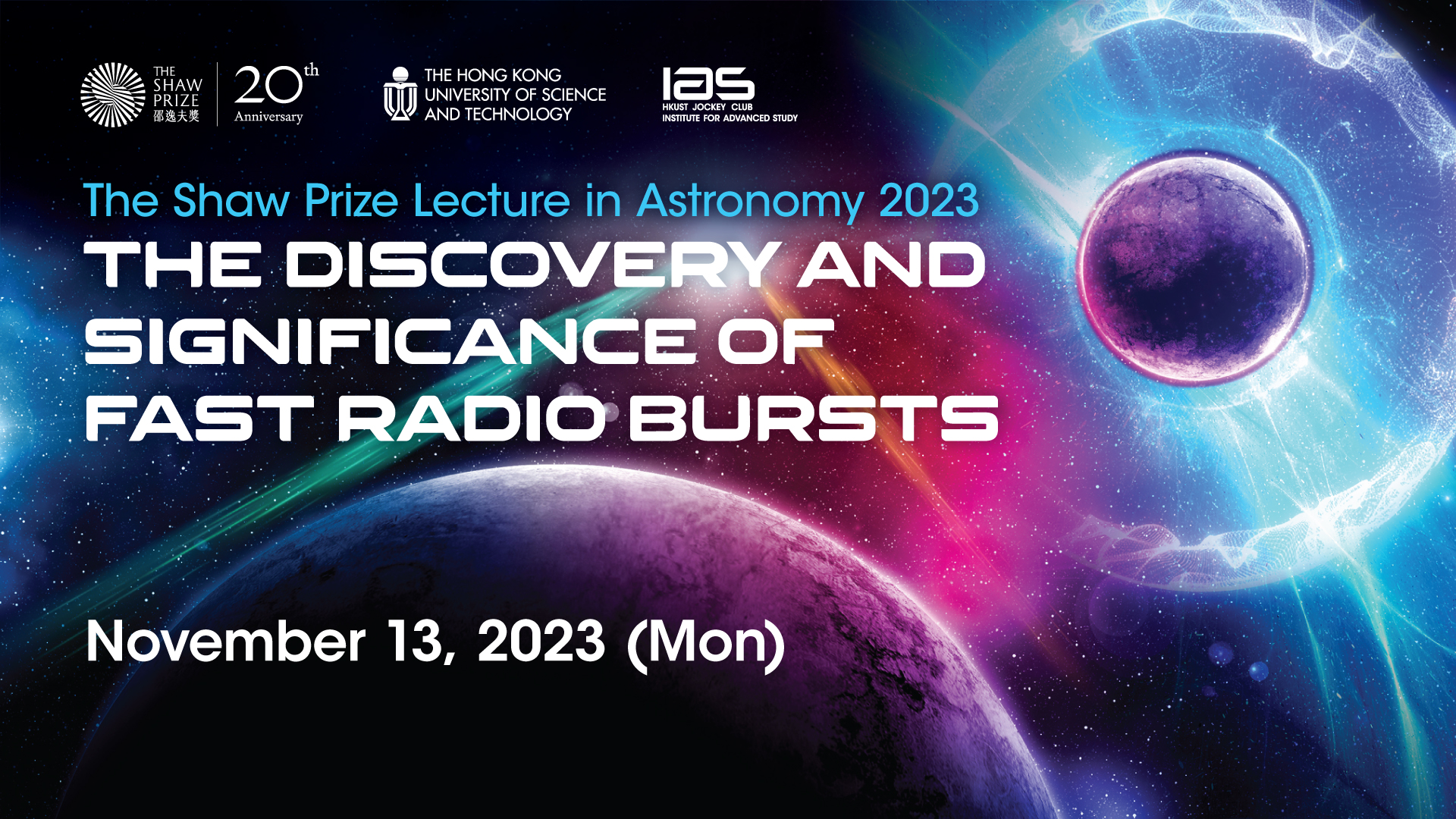The Discovery and Significance of Fast Radio Bursts
Abstract
Fast Radio Bursts are extremely energetic, radio pulses lasting only thousandths of a second that originate far beyond the Milky Way. The speakers will discuss the technological breakthroughs that advanced our understanding of the time-varying radio sky over the last 50 years, and culminated in our discovery of this new class of astrophysical sources in 2007. The first Fast Radio Burst was extremely controversial, as it was a trillion times more luminous than any previously known radio flash observed from the sky, and for many years the sole example. The speakers will then describe the remarkable growth in the numbers and diversity of these objects once new instrumentation came online in the 2010’s and started detecting them routinely, and the most promising theories regarding their nature. The speakers will also explain how fast radio bursts allow us to count the number of electrons in the Universe, which has profound implications for our understanding of its origin. Finally, the speakers look ahead to the next decade of this field as new and more powerful telescopes come online.
About the Speakers
Prof. Matthew BAILES was born in 1963 in Alice Springs, Australia and is currently Director of the Australian Research Council (ARC) Centre of Excellence for Gravitational Wave Discovery. He received his Bachelor's degree in 1984 from the University of Adelaide, Australia and obtained a PhD in 1990 from the Australian National University. He founded the Centre for Astrophysics and Supercomputing at Swinburne University of Technology in 1998 and served as its Director for the first 12 years. He is a Fellow of the Australian Academy of Science.
Prof. Duncan LORIMER was born in 1969 in Darlington, UK and is currently Professor of Physics and Astronomy and Associate Dean for Research at Eberly College of Arts and Sciences at West Virginia University, USA. He received his Bachelor's degree in 1990 from the University of Wales in Cardiff, UK and obtained a PhD in 1994 from the University of Manchester, UK. He joined the University of Manchester as Lecturer (1994-1995). He was a Postdoctoral Fellow at the Max Planck Institute for Radio Astronomy, Germany (1995-1998) and Cornell University, USA (1998-2001) respectively. He had also held a position of Royal Society Research Fellow at the University of Manchester (2001-2006). He has been appointed Assistant Professor (2006-2010), Associate Professor (2010-2014) and Professor (2014-) at West Virginia University. He is a Fellow of the Royal Astronomical Society, UK and the American Physical Society.
Prof. Maura MCLAUGHLIN was born in 1972 in Oreland, Pennsylvania, USA and is currently Eberly Family Distinguished Professor of Physics and Astronomy and Director of the Center for Gravitational Waves and Cosmology at West Virginia University, USA. She received her Bachelor's degree in 1994 from Pennsylvania State University, USA and obtained a PhD in 2001 from Cornell University, USA. She was an NSF Math and Physical Sciences Distinguished Research Fellow (2001-2003) and Research Associate of Jodrell Bank Observatory at the University of Manchester, UK (2003-2006). She then worked at West Virginia University, where she was successively Assistant Professor (2006-2011), Associate Professor (2011-2014), Professor (2014-2015) and Eberly Family Distinguished Professor (2015-). She is a Fellow of the American Physical Society.
Registration
-
This lecture is free and open to the public. Prior registration is required.
-
Free admission. Tickets will be allocated on a first come, first served basis.
-
Attendee should register for himself/herself only. Attendee’s name, email address and cell phone numbers are required for registration.
-
Successful registrant will receive a confirmation email with a PDF attachment of printable ticket(s) and QR code(s). Registrant must present the corresponding QR code for check-in at the reception on the day. Each QR code is unique and cannot be transferred to others.
-
No hourly parking or free parking will be provided to registrants. Please take public transportation to HKUST.
Please click here for registration.

